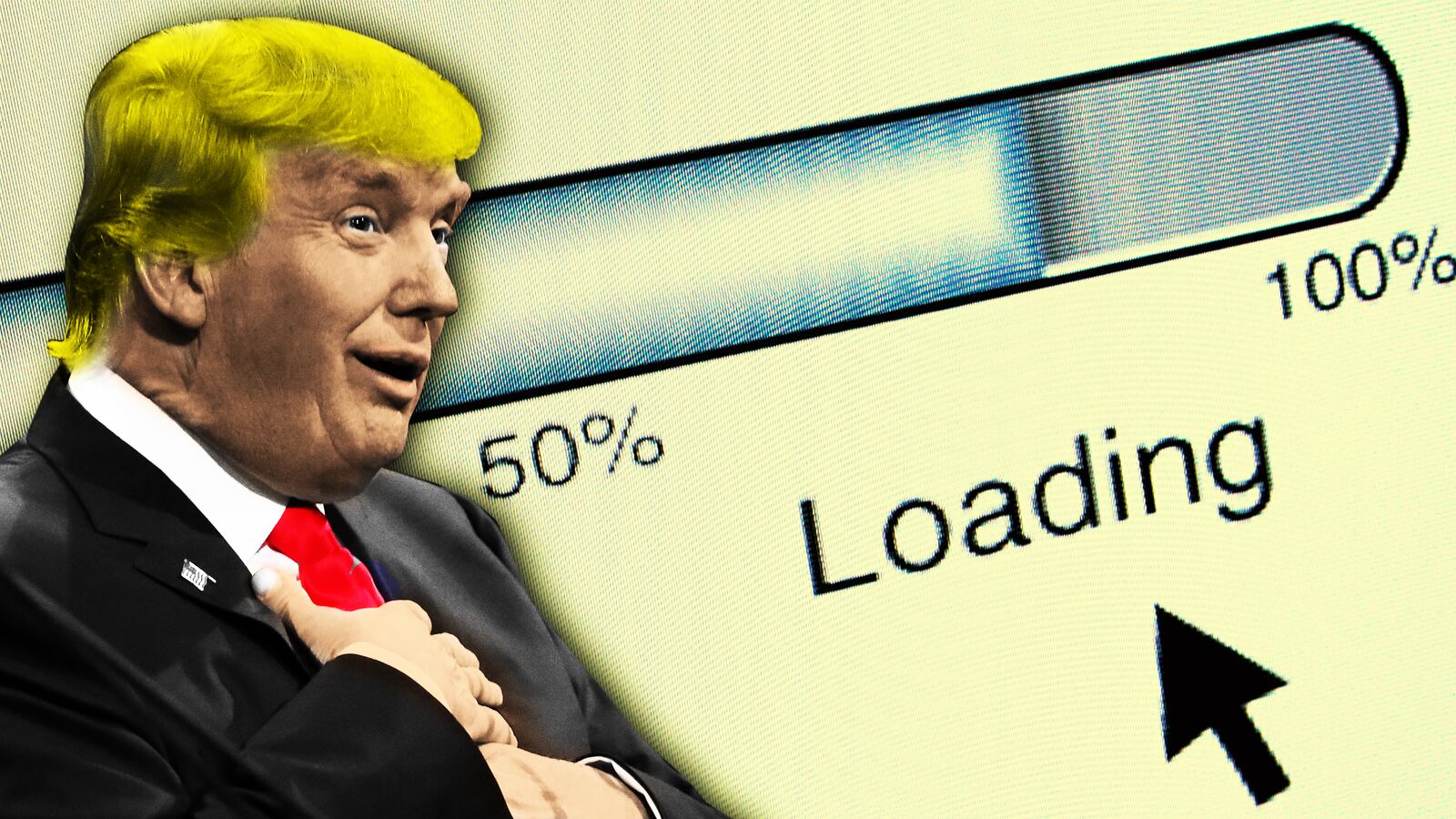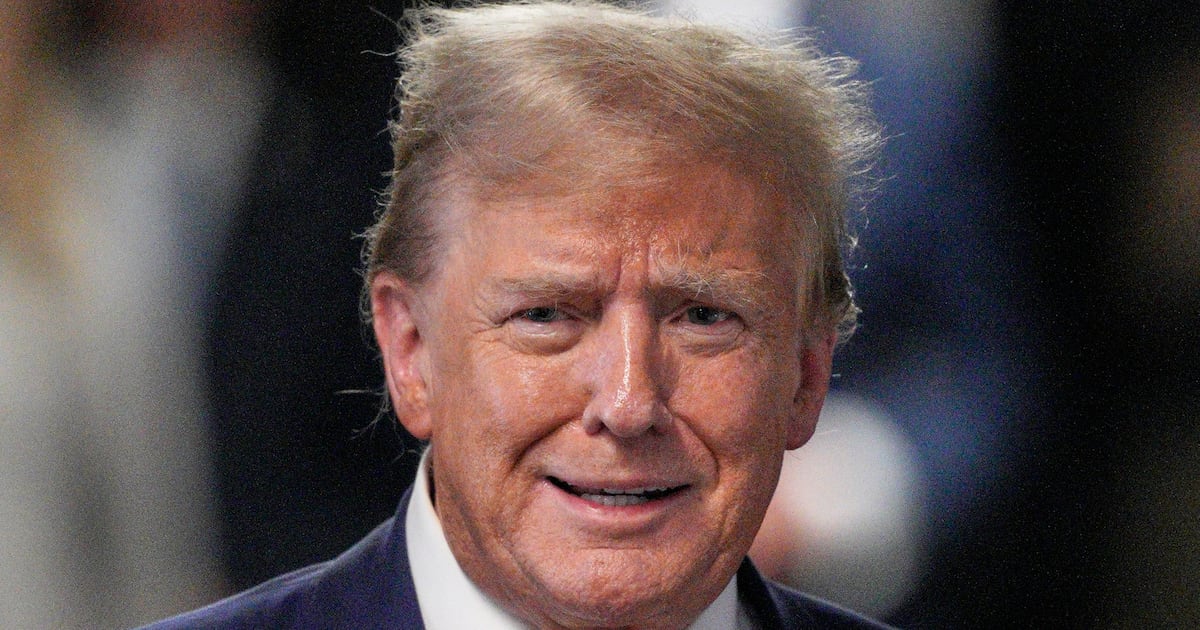In an effort to win back the working-class, Rust Belt voters that fled them for Donald Trump, the Democratic Party has developed a bold progressive policy agenda aimed at hitting populist notes.
This includes stark warnings about the concentration of economic power, tougher policies on trade, and an re-embrace of labor and unions.
In Michigan, Democratic gubernatorial candidate Abdul El-Sayed has embraced that philosophy. But he's also gone a small step further, with a quirky, more modern policy twist designed to bridge the divide between Democratic urban areas and rural Republican ones.
He wants to give people cheap Internet.
El Sayed, whose unique bio as a Muslim doctor and public health expert serves as the kind of Democratic ideal in 2018, proposed what he is calling the Internet for All or MI-Fi plan last week, which would essentially create net neutral public broadband in the state.
“In today’s world, where the Internet is such a huge part of our lives, not having it is like not having roads in your community,” El-Sayed said in an interview with The Daily Beast. “If you’re a kid, 15, 16-years-old trying to finish your science project and you’ve got dial-up speed internet, you’re not going to be able to do it. And it’s affecting our communities both urban and rural.”
El-Sayed’s plan would aim to provide access to high-speed internet throughout the state by 2030, as currently an estimated 1.2 million Michiganders are lacking this access. He would first implement net neutrality in the state, precluding internet service providers from discriminating or charging differently by user or website. Then he would establish a Michigan Internet Office that would coordinate investments in broadband projects and develop publicly-owned broadband networks at the state and local level. What this would produce, in his estimation, is a series of networks run by localities and a state-run provider for areas that could not have their own network.
That may all sound technical to the voters. But Sayed has a simple way of pitching it: He would eliminate a monopoly of internet service providers and lower costs for people accessing the Internet.
It’s an idea that seems to have some sway. According to a Pew Research Center survey from April 2017, 70 percent of the public believed that “local governments should be able to build their own broadband networks if existing services in the area are either too expensive or not good enough.”
To fund the project, El-Sayed is cribbing from Republican Governor Rick Snyder’s 21st Century Infrastructure Commission Report, which “recommends $2 billion in state funding over the next 25 years for broadband expansion.” Out of that total, the current administration recommended that $1.5 billion would fund subsidies for private sector broadband companies to build networks in rural areas.
Instead of subsidizing private corporations, El-Sayed would use the money to create broadband networks through public-public partnerships.
“I’m just saying that instead of that $1.5 billion subsidizing some big corporation to do the job that they said they want to do in the first place, let’s invest it publicly and make sure that we are empowering local communities through a public trust,” El-Sayed said.
There is some historical precedent for pursuing broader internet access for America’s sprawling population. But the approaches taken in the past have largely differed in key ways.
Towards the end of his time in office, President Obama proposed offering a subsidy for low-income households to get online. President Trump has similarly discussed the importance of expanding broadband access in rural areas throughout the country, but did not allocate specific funding for it in an infrastructure plan announced earlier this year. And Hillary Clinton pledged to provide broadband access to all American households by 2020 as part of her presidential campaign in 2016.
El-Sayed views the plan as part of his broader vision to expand the tent of the Democratic Party and return it to a place where corporations do not dominate the decision-making process.
“This is a moment right now in our politics,” El-Sayed said. “People recognize that there’s a unique opportunity to bring politics back to that ideal of for people and by people.”






